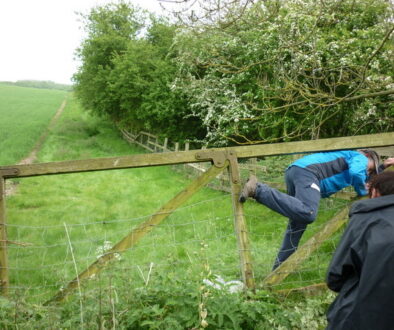Could your neighbours complain of nuisance?
Hopefully you will never face a complaint of statutory nuisance, but it is worth giving consideration to what you might do if that notice were to arrive from the Council.
The most common nuisance complaints relate to noise, smells and bonfires/smoke. The problem has to be of sufficient severity for the Council to take action, i.e. it has to be (a) injuring or likely to injure health or (b) so intrusive because of its intensity, regularity and duration that it unreasonably affects use and enjoyment of your neighbour’s property. Minor annoyances or intermittent issues probably won’t result in any action. Smells from muck-spreading do trigger complaints, but action is rarely taken as the activity is necessary and limited in time.
Following investigation, if the Council feels that you have committed a statutory nuisance, it must serve you with a Notice requiring you to stop doing or reduce the activity complained of. Ask what the investigating officer considers the solution to be and, if you are able to take remedial action, do that straight away. However, if you do not consider the complaint to have proper grounds, or you have used the “best practicable means” to prevent, or to counteract the effects of, the nuisance, you can appeal to the Magistrates’ Court within 21 days. Take care though as, if you are late, non-compliance with a notice (without reasonable cause) is a criminal offence.
If your neighbour is not satisfied with the outcome, or bypasses the Council completely, they could apply to the Magistrates’ Court for an Order under s.82 of the Environmental Protection Act 1990. There is potential for a fine and a criminal record, but again the “best practicable means” defence is available.
To conclude, always take steps to avoid unnecessary noises, fumes etc, and it can assist if you are able to prove compliance with DEFRA’s Code of Good Agricultural Practice: “Protecting our Water, Soil and Air”. Also try to maintain amicable relationships with your immediate neighbours so that, if they did feel there was an issue, they would hopefully feel able to approach you to try to resolve matters direct. As is often the case, seeking early legal advice might save time, money and even avoid criminal charges.
This article is not intended to be comprehensive or to provide specific legal advice. It should not be relied upon in the absence of specific advice given in relation to particular circumstances.




